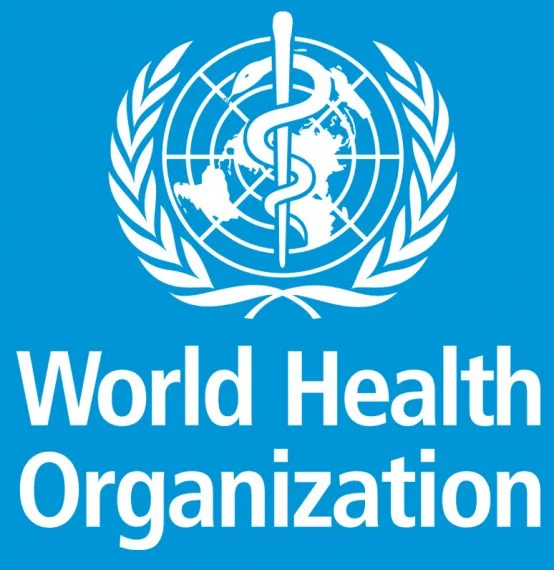The World Health Organisation (WHO) has trained no fewer than 53 journalists in Adamawa on health and behavioural change reporting.
WHO’s Communication Resource Person, Kingsley Igwebuike urged participants to actively participate and impact positively through their reportage toward achieving good health.
He said the objective of the three-day training is to expose the journalists to the rudiments of health reporting and public health knowledge.
He added that the training would also increase the preponderance of lifesaving information on the mass media and social platforms to enable at-risk populations to take informed decisions to protect themselves from disease infection.

The training is to re-emphasis WHO’s role during emergencies, understand journalists’ role as public health ambassadors and imbibe basic knowledge on risk communication and infordemic management, he said.
Dr Ahemen Terseer, the WHO Coordinator in the state, tasked journalists to be proactive in educating the public on epidemic before
it happens.
He said it would also be good for journalists to embark on surveillance on the need for public to take preventive measures against the outbreak of epidemic-prone diseases.
“We as journalists ought to educate people on environmental sanitation, hand washing and the imperative of drinking good water to prevent diseases like Lassa fever, Malaria, Cholera, yellow fever, meningitis, among others,” he said.
According to him, cholera outbreak in the state is an annual affair, hence, the need for the media to do the needful prior to the outbreak.
He said that in 2022, there was an outbreak in Shelleng, Guyuk and Numan local government areas of the state.
A participant, Jessica Bakari of the state Broadcasting Cooperation lauded WHO for organising the training, describing the initiative as timely .
She explained that the training had alerted her on responsibilities as a journalist whose duty is to educate, inform and communicate effectively to the society on emerging issues.


